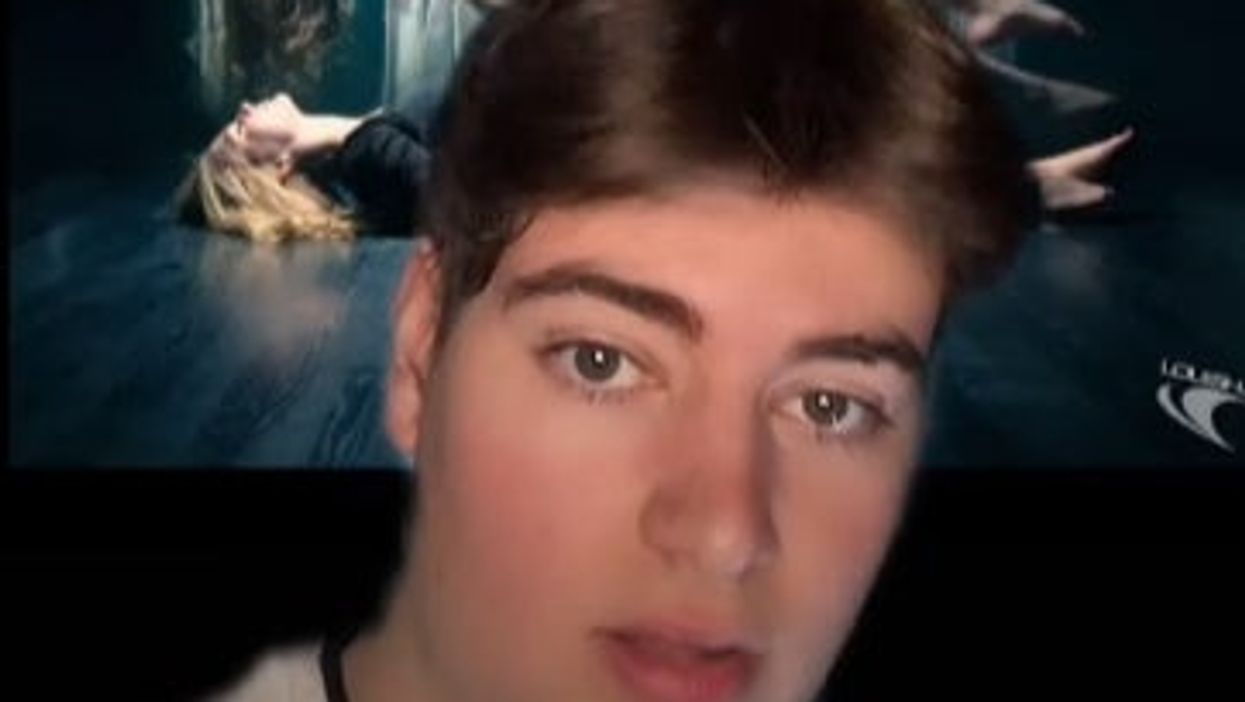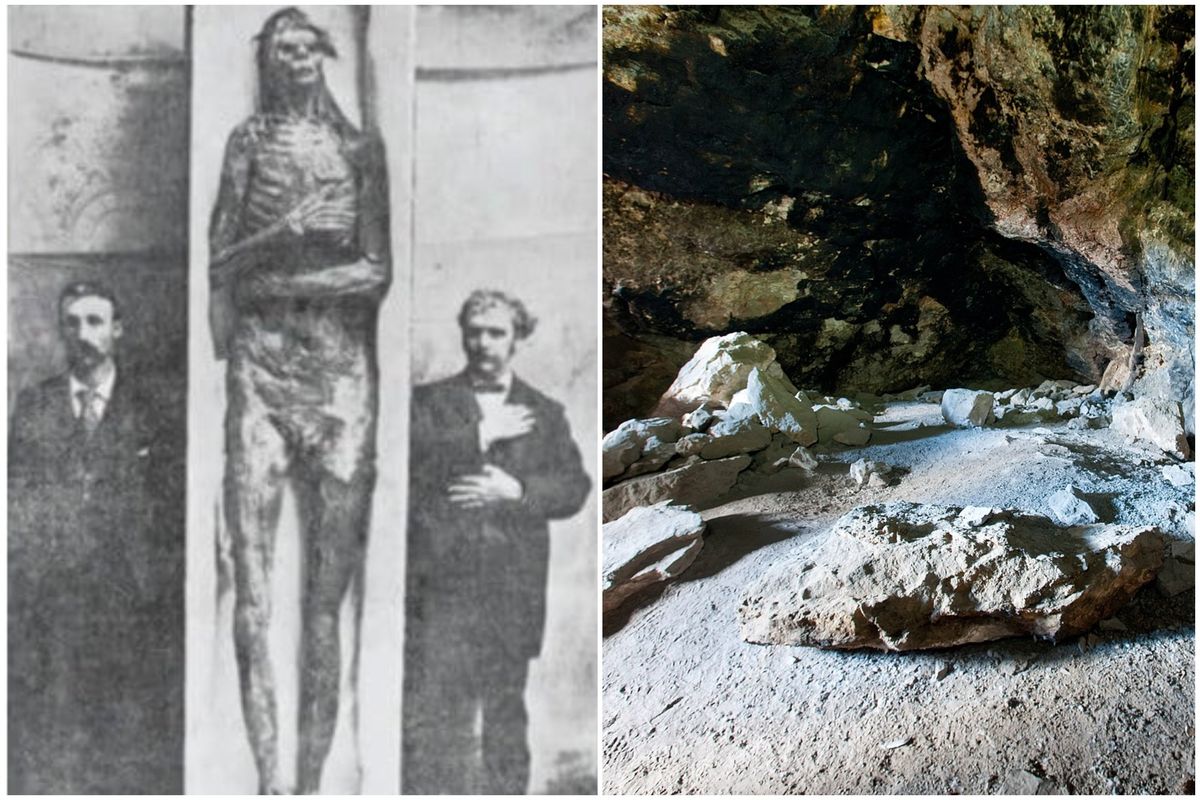
A TikToker has shared his conspiracy theory that we may all be dead and just reliving memories – and it’s made us question our entire existence.
It seems like most people are intrigued by this possibility as the TikTok has 1.4 million views and over 260,000 likes .
Matt says: “We are all dead. This conspiracy theory is going to mess you up...”
He’s not kidding.
Then, he warns people to scroll past the video if they don’t want their day ruined: “Trust me you don’t want to see this.” Talk about building the tension!
- Tesco shopper ordered apples but got an iPhone in his delivery
- Woman discovers she is related to her boyfriend after taking a DNA test
- Reddit just realized that Jerry Seinfeld’s TV apartment defies the laws of science
- TikTok user reveals ‘dirty’ meaning behind ‘Macarena’ and people’s childhoods are ruined.
- 20 jokes only very intelligent people will understand
Matt begins outlining his theory: “Right, so for everyone that’s still here... so it’s scientifically proven that when we die our mind is still functioning and it’s true that our life literally does flash before our eyes.
“There’s a seven-minute period of time when you will re-watch your entire life but it won’t feel like seven minutes - it will feel like forever.”
OK, we’re listening...
He continues: “It’s also proven that there is no possible way that we could know we’re in that state.
“What I mean is there is no way you would know you’re dead and re-watching your life. You’d just think it’s your life.”
Matt leaves us with this lovely thought: “We could all be dead lying in a hospital bed somewhere and this reality is just our life flashing before our eyes in a weird way.”
Sounds pretty bleak if you ask us.
One person wrote: “I think about this daily.”
“Maybe that’s why we get deja vu,” another user theorised.
Some managed to find the humour in this theory.
Another joked: “If we are dead how am I watching this?”
“I would just be impressed by my memory,” another user quipped.
However you feel about life and death, it’s certainly an interesting theory.













